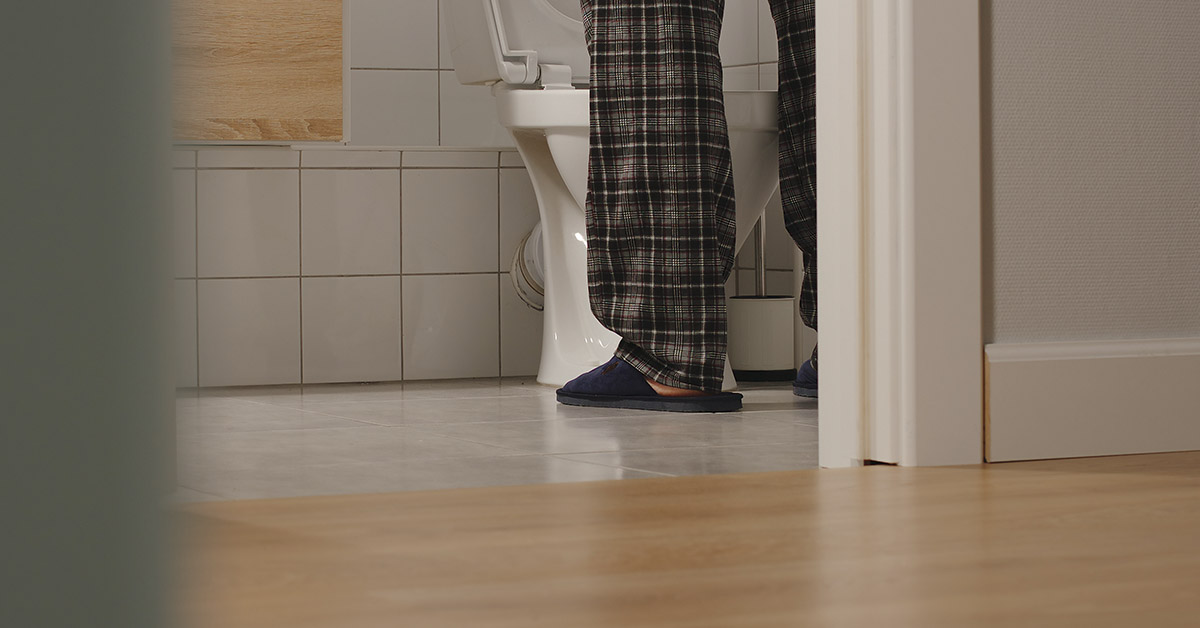Sleep, being a fundamental bodily function, might seem like it should come effortlessly. However, for numerous individuals, achieving a restful night’s sleep quality remains a daily struggle. The reasons for waking up in the middle of the night are multifaceted, encompassing factors ranging from health to environmental conditions. Insomnia, a complex subject with myriad possible explanations, affects millions of people. Various approaches, from serene yoga routines to potent medications, constitute a thriving industry devoted to enhancing sleep quality. While advice on what to do abounds, insights into activities to avoid are often overlooked. In this comprehensive guide, we present a detailed list of tempting actions one should refrain from if confronted with nocturnal awakenings.
Why Am I Continuously Waking Up At Night and How Can I Improve My Sleep Quality?

Insomnia, or difficulty sleeping, afflicts many individuals at some point in their lives. For some, the struggle lies in initiating sleep, while others grapple with maintaining it. If you wake up in the middle of the night, you fall into the latter category, and several explanations may underlie this phenomenon. Factors such as stress, anxiety, hormonal shifts, or environmental disturbances like a snoring partner or noisy neighbors can contribute to nocturnal awakenings. However, experiencing disruptions in the middle of the night need not necessarily deprive you of a full eight hours of sleep. To address this issue, it’s crucial to understand which actions to avoid to facilitate a return to slumber.
Read: What Might Happen to Your Body If You Start Sleeping Without a Pillow
Don’t Check Your Clock

Avoid the temptation to check the clock, especially one with a bright digital display. The distraction and stress induced by knowing the time can hinder the process of falling back asleep. Resist the urge to calculate how many hours remain until waking up.
Don’t Sit Up
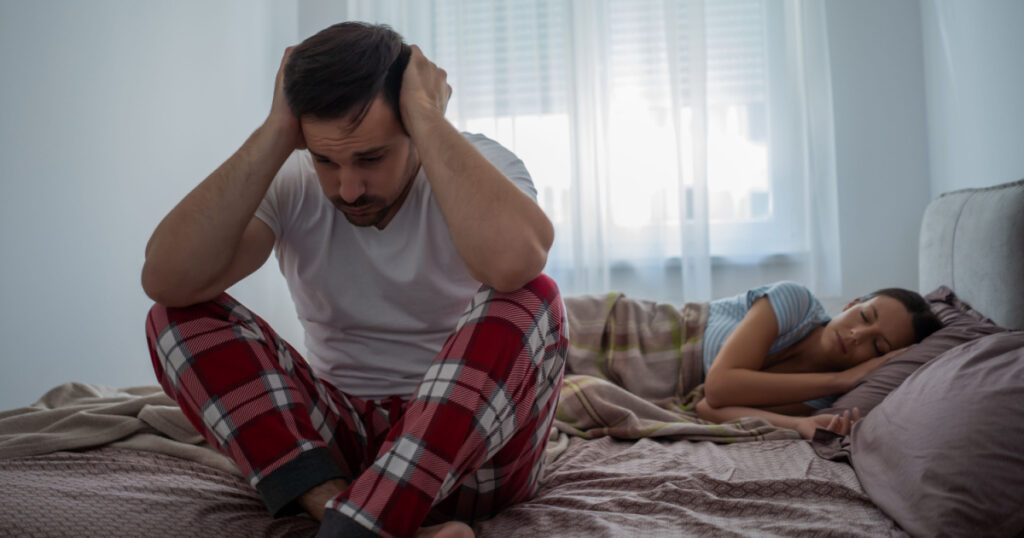
When awakening during a dream, resist the urge to sit up. Remaining reclined is more conducive to preserving your sleep cycle. Sitting up induces a minor motion that elevates your heart rate, disrupting the slow heartbeat characteristic of sleep. This increased alertness impedes the ease of falling back asleep.
Don’t Check Your Phone
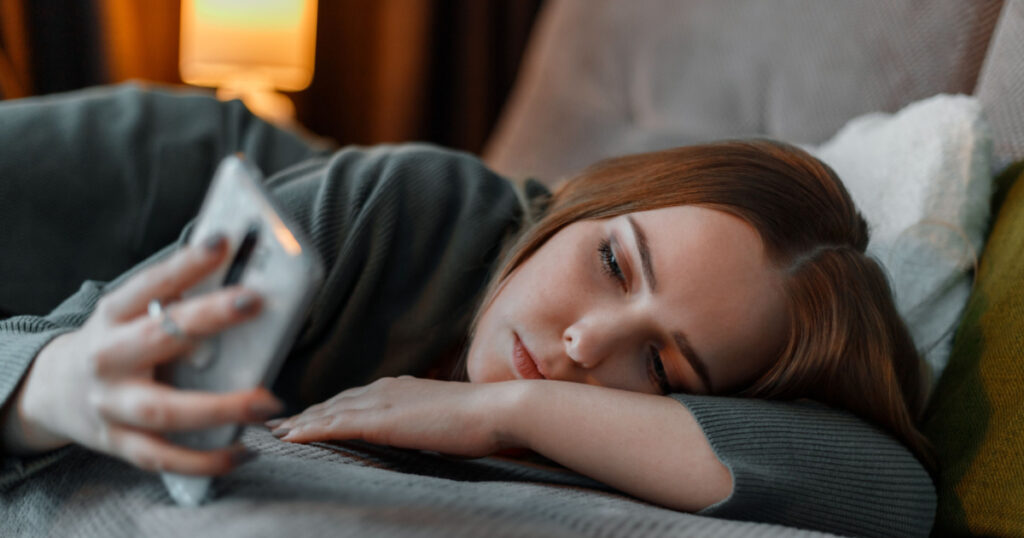
The blue light emitted by phones and screens confuses circadian rhythms, signaling to the brain that it’s daytime. Engaging with social media platforms exacerbates the issue, making it challenging to transition back to a state of restful thoughts.
Read: The science behind why your body jerks when you fall asleep
If You’re Generally Healthy, Try Not To Get Up To Pee
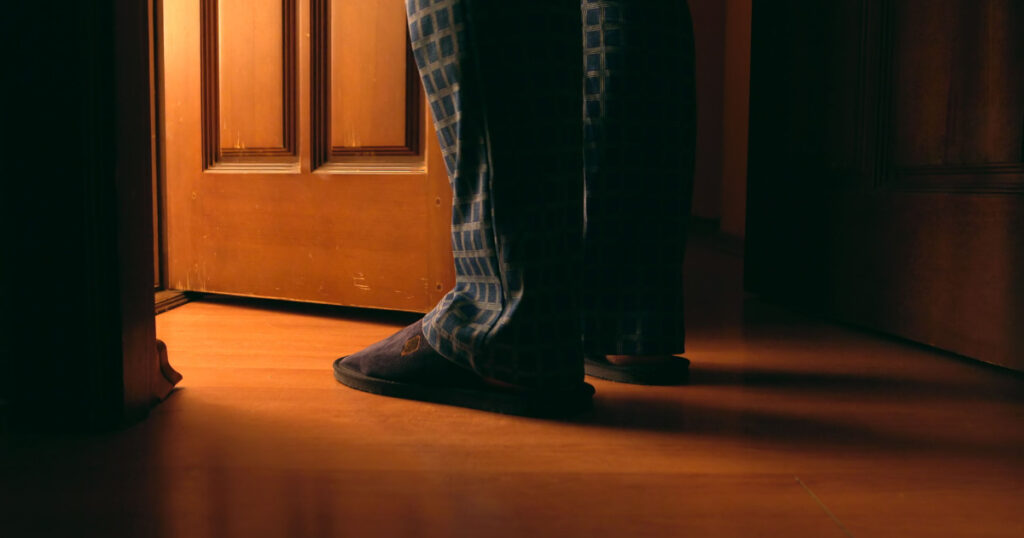
While essential for some due to medical conditions, getting up to pee can signal wakefulness to the brain. If the urge is slight and unrelated to a medical condition, try to resist getting out of bed, as it may hinder the process of falling back asleep. Of course, if you must, you should go. This is one factor to consider if you have issues sleeping.
Don’t Wake Up Your Partner
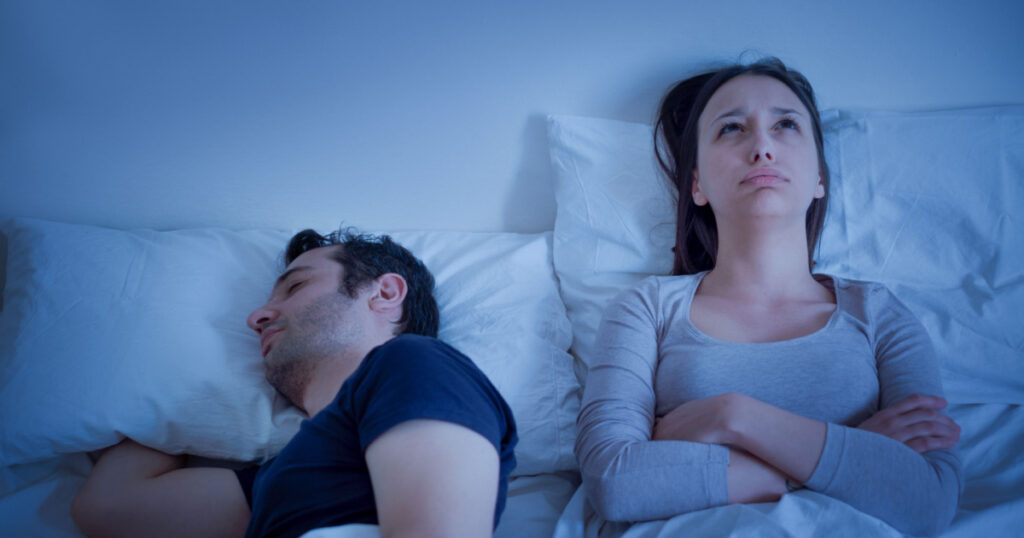
If you are wide awake in the wee hours, prioritize your partner’s sleep. Avoid turning on lights or making noisy movements that might disturb their rest. Exceptions exist for partners with conditions like asthma, sleep apnea, or allergies warranting medical attention.
Don’t Toss And Turn
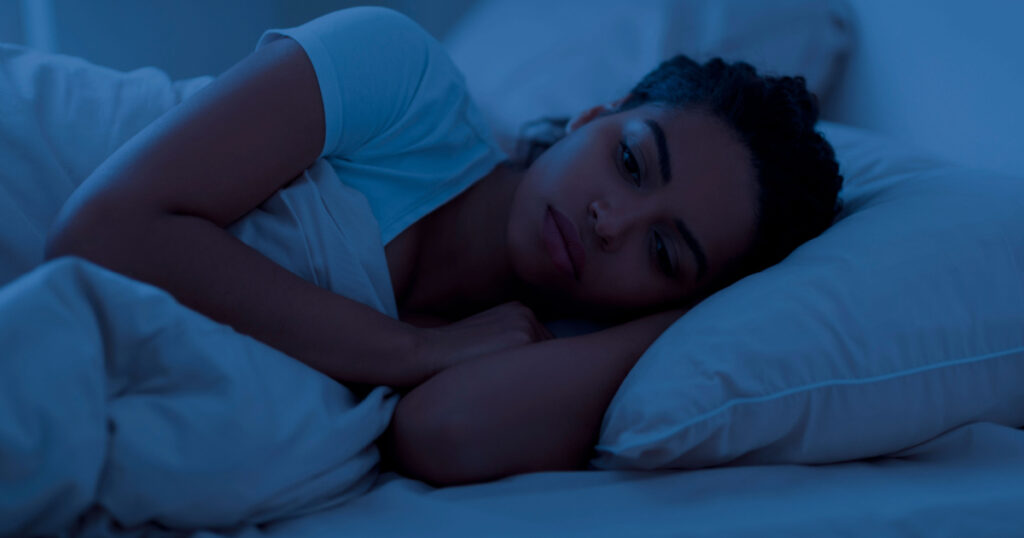
Resist the impulse to fidget and move around. Muscles are naturally relaxed during sleep, and unnecessary movement disrupts this state, making it challenging to return to a comfortable position.
How Can I Fall Back Asleep Quickly and what can I do to improve my sleep quality?
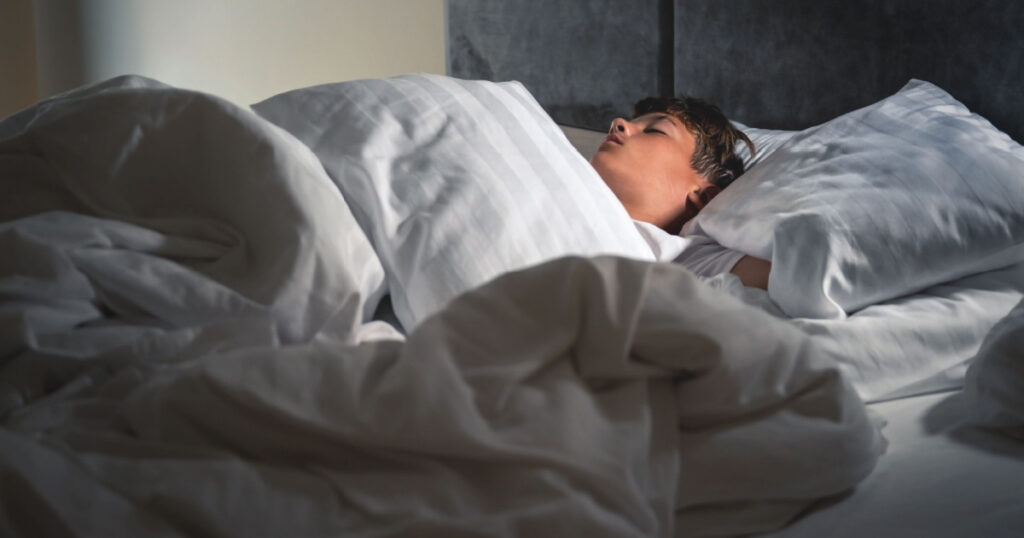
In the event of nocturnal awakenings, avoid getting up or shifting around. Stay still, consciously relax all muscles, and take deep, slow breaths. Let your mind wander aimlessly, and if stress arises, redirect your thoughts to soothing topics. Engage in “word association” with calming thoughts until conscious thoughts transform into dreams, facilitating a swift return to sleep.
Read: Why We Can’t Sleep Without a Blanket, Even on a Hot Night
Exercise

Incorporating a brisk daily walk into your routine not only aids in weight management but also enhances sleep quality. Exercise amplifies the impact of natural sleep hormones like melatonin. However, be mindful of the timing of your workouts; exercising too close to bedtime can be stimulating. Morning workouts, especially those exposed to bright daylight, align with the natural circadian rhythm.
Reserve bed for sleep and physical time with your partner
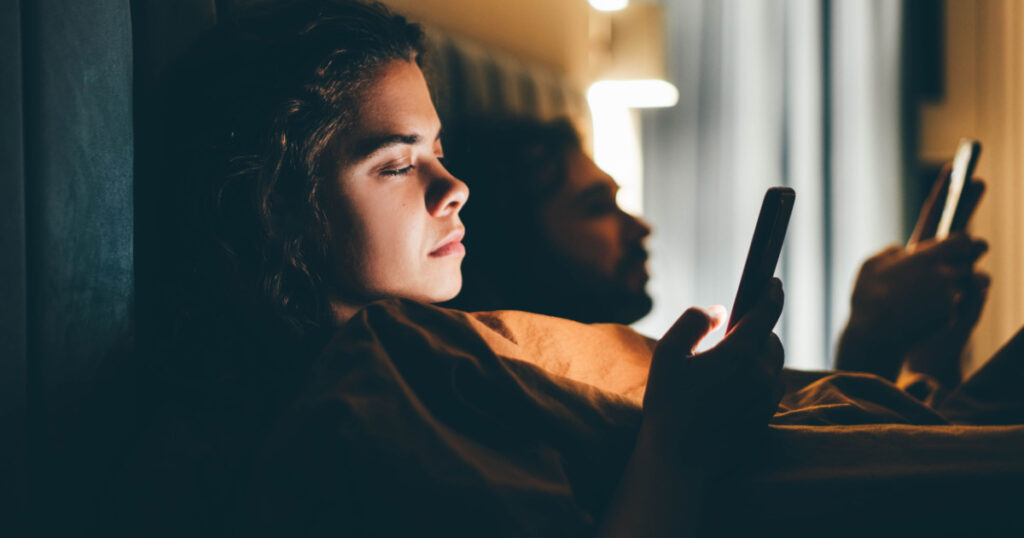
Designate your bed exclusively for sleep and intimate activities, avoiding its use as an office for tasks like answering phone calls, texting, or responding to emails. Late-night TV watching in bed should also be avoided. The bed should serve as a cue for sleep, fostering an environment conducive to rest rather than wakefulness.
Keep it comfortable

Distractions in the bedroom extend beyond television and smartphones; the overall ambiance can impact sleep quality. Ensure your bedroom is optimally comfortable, striving for a quiet, dark, and cool setting. These elements contribute to the promotion of sleep onset.
Start a sleep ritual

Establishing a set of bedtime rituals can be as effective in adulthood as it was during childhood. Rituals signal to the body and mind that it’s time for sleep. Consider activities such as drinking a glass of warm milk, taking a relaxing bath, or listening to calming music to unwind before bed.
Read: Top Sheets Are Annoying. Take Them Off and Enjoy Your Sleep Better
Eat—but not too much

Balancing your pre-bedtime eating habits is crucial. Avoid consuming a large meal within two to three hours of bedtime, as it can lead to discomfort. If hunger strikes before bedtime, opt for a small, healthy snack, such as an apple with a slice of cheese or a few whole-wheat crackers, to curb your appetite until breakfast.
Avoid alcohol and caffeine

Steer clear of stimulants like chocolate and alcohol before bedtime, as they can disrupt sleep. While alcohol may induce drowsiness initially, it acts as a stimulant, negatively impacting sleep quality throughout the night. Also, avoid acidic or spicy foods, which can contribute to heartburn.
De-stress
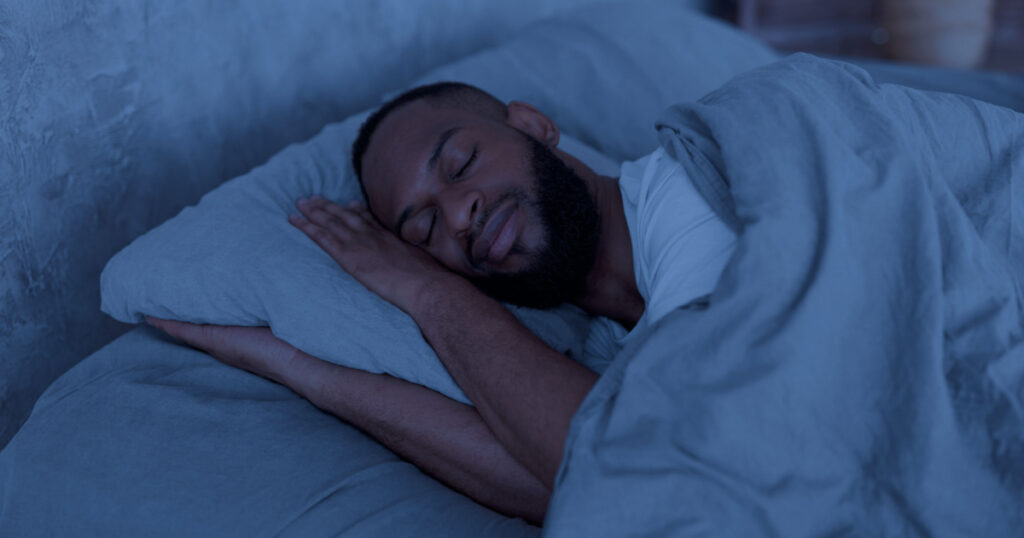
Prioritize winding down before bedtime to counteract the effects of daytime stressors. Stress activates hormones associated with the fight-or-flight response, hindering sleep. Engage in relaxation techniques, such as deep breathing exercises, to promote a sense of calm and reduce daytime anxiety.
Get checked

Symptoms like an urge to move your legs, snoring, or discomfort in the stomach, chest, or throat may signal common sleep disruptors like restless legs syndrome, sleep apnea, or GERD. If these symptoms affect your sleep or daytime alertness, consult with a doctor for a thorough evaluation.
Keep Reading: Waking Up Between 3 am and 5 am? Here’s What It Means
Sources
- “7 Things You Should Never Do In Bed (And 2 You Definitely Should).” Huffington Post. March 26, 2014.
- “8 secrets to a good night’s sleep.” Harvard Health. November 20, 2023.
